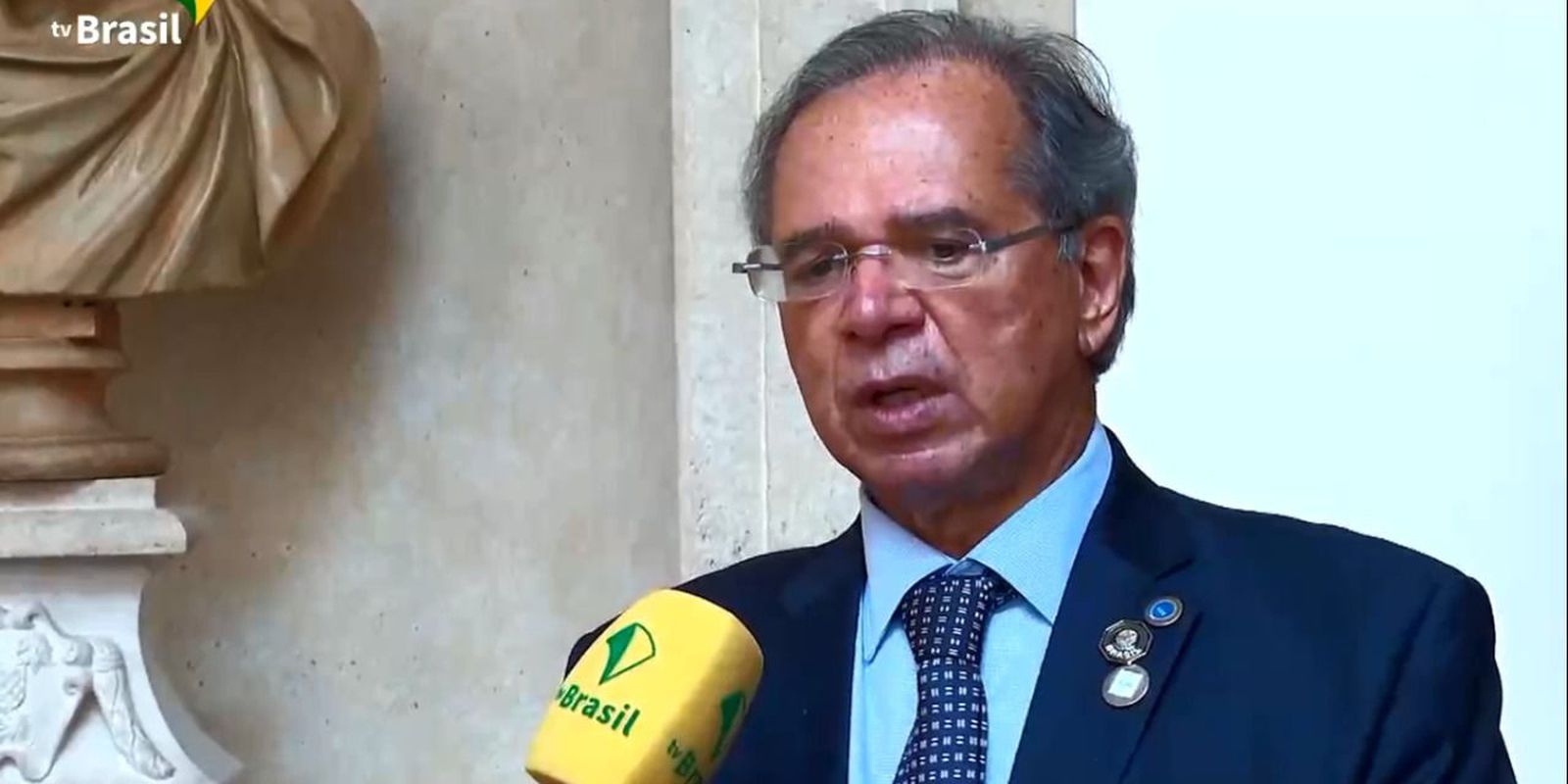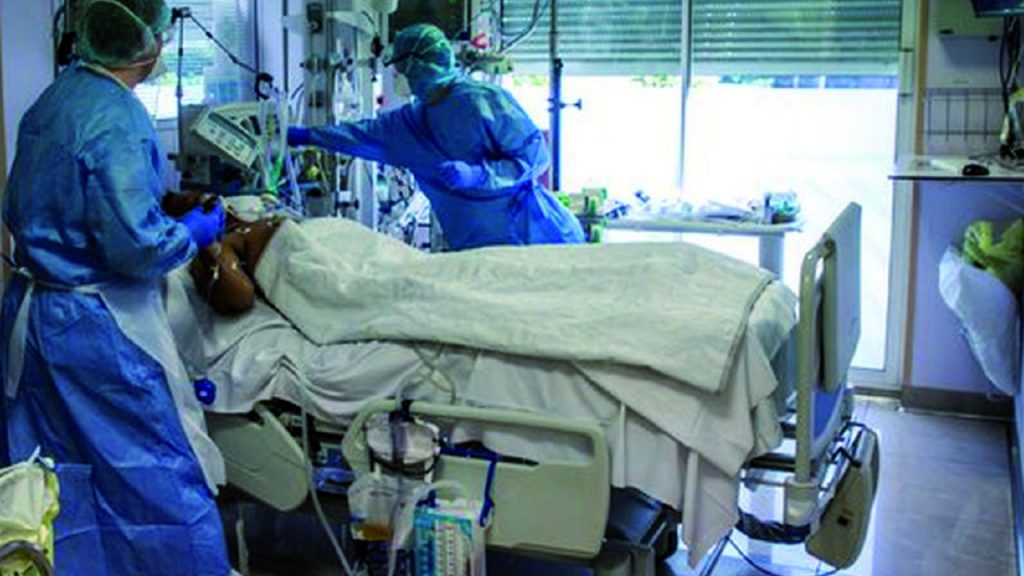The approval of the proposed amendment to the Constitution (PEC) that divides the precatoria is the only plan for the government to make the minimum benefit of BRL 400 for the Aid Brazil feasible, he said. today (31) the Minister of Economy, Paulo Guedes. He is part of the Brazilian delegation participating in the G20 (group of the 20 largest economies on the planet) meeting in Italy, and defended the PEC, saying that it creates the necessary fiscal space for the program.
“We are working with plan A. The approval of the PEC dos Precatórios. It is important because it opens up fiscal space for the social assistance program. That’s our plan. We believe that Congress will approve, precisely because it allows the financing of the government’s social programs,” Guedes said in an interview with journalists in Rome, whose audio the Brazil Agency had access.
The minister did not comment on the statement of yesterday (30) of President Jair Bolsonaro. In an interview with journalists yesterday in Rome, the president said he was concerned about Congress’ delay in approving the PEC and said the government had a plan B. Without going into details, he compared the alternative plan with a reserve parachute and commented that the financial market needs to understand that the approval is good for Brazil.
Financial market
Regarding the reactions of the financial market, which in recent weeks has been going through moments of turmoil in relation to the proposal to change the calculation of the spending ceiling, Guedes attributed investors’ reactions to the concern with the government’s political articulation. The minister again defended the approval of reforms to demonstrate the government’s commitment to fiscal responsibility.
“I imagine that the market is concerned about exactly this capacity for political coordination to approve the precatório PEC, because it is exactly the precatório PEC that gives us the space for social policies”, commented the minister.
Approval of reforms
For Guedes, the approval of the reforms would show that the government is able to combine social concern and respect for fiscal balance, without transferring costs to future generations. In the minister’s assessment, the temporary increase in spending was necessary to face the covid-19 pandemic.
“The roof is a symbol of a double commitment. On the one hand, there was no lack of money for health. Brazil spent 10% more than the average for advanced countries to fight the pandemic and spent twice as much as emerging countries spent. Despite this, Brazil was one of the countries with the least debt, precisely because we, all the time, tried, in other expenses, to respect the ceiling and continue with our structural reforms”, concluded Guedes.















